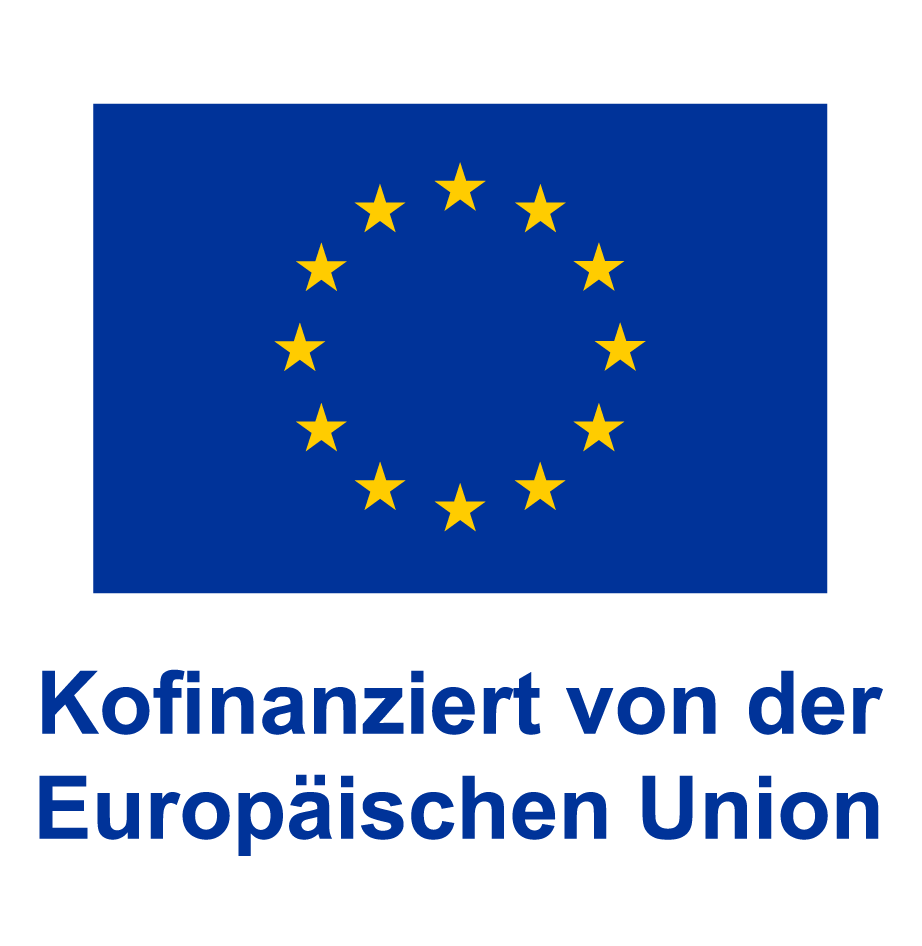The mobility sector is facing the greatest challenge in its history due to the electrification of engines, the use of alternative energy sources, significantly changed business models and digitalization.
Allein in Niedersachsen sind mehr als 200 kleine und mittelständische Unternehmen im Mobilitätssektor ansässig. Unter Einbeziehung der gesamten Wertschöpfungskette stellt der Sektor mehr als 600.000 Arbeitsplätze bereit, davon ca.
70% in KMU. Um die Herausforderungen ihrer Branche zu bewältigen, sind viele Unternehmen der Mobilitätswirtschaft auf Unterstützung angewiesen, die sie im DAISEC finden können.
AI and Digitalization in the mobility sector
Künstliche Intelligenz und Digitalisierung gewinnen im Bereich der Mobilität zunehmend an Bedeutung. Ein großer Fokus liegt dabei auf der Digitalisierung der Mobilitätsträger und Mobilitätssysteme mit den darauf basierenden Geschäftsmodellen, sowie auf der Digitalisierung der Produktentstehung, von der ersten Idee über die detaillierte Entwicklung und die Produktion, dem Betrieb sowie der Verwertung nach Ende der Nutzungszeit. In diesem Zusammenhang wird KI im Mobilitätssektor unter anderem zur Auswertung von Daten, zur intelligenten Steuerung des Verkehrs, in Form von Fahrerassistenzsystemen oder zur Realisierung von autonom fahrenden Fahrzeugen eingesetzt.
Cybersecurity in the mobility sector
Die zunehmende Digitalisierung im Mobilitätssektor ermöglicht die Realisierung von neuartigen Mobilitätskonzepten, die Umsetzung von Fahrzeugfunktionen oder die Optimierung von Verkehrsströmen und Warenflüssen. Damit eine effiziente und robuste Anwendung sichergestellt werden kann, müssen diese KI- und computergesteuerten Prozesse vor Cyberangriffen geschützt werden. Infolgedessen gewinnt das Themenfeld „Cybersecurity“ für den Mobilitätssektor zunehmend an Bedeutung und muss während der Produktentwicklung und -nutzung berücksichtigt werden. Der DAISEC unterstützt mit seinen Beratungs- und Lernangeboten dabei, die Cybersicherheit in Unternehmen zu steigern.




